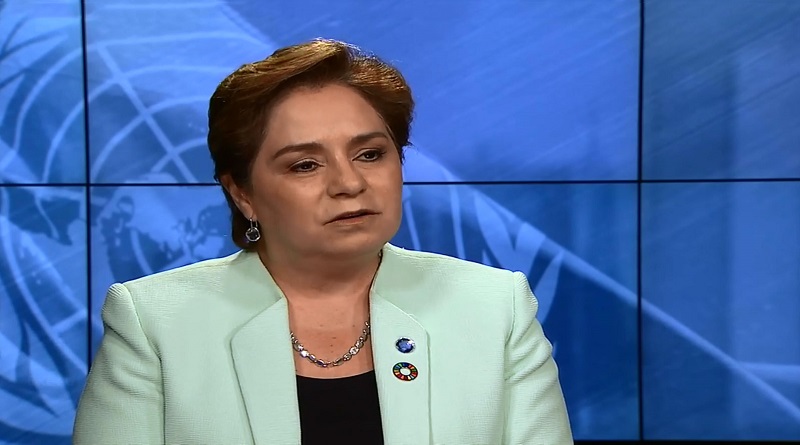Groups launch Climate Change Strategies 2020 report
The Climate Technology Centre and Network (CTCN), with the UN Environment Programme (UNEP) and UN Industrial Development Organization (UNIDO), have published a report titled, ‘Climate Change Strategies 2020,’ which features diverse case studies and knowledge-sharing initiatives that illustrate the role of technology transfer in climate change mitigation and adaptation.
Launched at the Chile/Madrid Climate Change Conference in December 2019, the publication highlights technical solutions and associated governance arrangements covering a broad range of sectors, including agriculture and forestry, infrastructure and urban planning, coastal protection and early warning systems, and sustainable water supply.
Explaining the Network’s achievements since the start of operations in 2013, Rose Mwebaza, Director, CTCN, notes that approximately USD 50 million invested so far is expected to leverage USD 900 million and “reduce nearly 120 megatonnes of greenhouse gas emissions over the next ten years.”
The publication outlines the organizational structure and operating modalities of the CTCN in fulfilling its technology support and financing mandate for Parties to the UNFCCC. It explains how CTCN interventions help to build country capacities to adopt and use climate technology, including through engaging local partners to develop context-specific solutions that are implemented through the global network of more than 500 specialized technical partners.
In a foreword, Patricia Espinosa, UNFCCC Executive Secretary, notes that the Technology Mechanism of the Convention is delivering on its mandate to strengthen Parties’ access to global expertise in climate technologies. She cites the partnership with the Green Climate Fund (GCF) as an example of how the Convention “is delivering tangible results on the ground” through unlocking strategic investment and strengthened capacity to absorb and maximize the use of innovative technologies, policies and approaches at different levels.
The publication discusses the role of CTCN members in disseminating knowledge products, such as technology assessments, and information on new technologies and approaches, through the ctc-n.org online portal, which also serves as a clearinghouse for information on technical assistance interventions undertaken by the CTCN and its partners.
One of the technical cooperation projects highlighted in the publication is a partnership with the Department of New and Renewable Energy of Benin, and the Dutch company, Partners for Innovation, aimed at harnessing the country’s potential for wind energy generation by supporting the development and production of affordable small-scale wind turbines. The Green Cooling Africa initiative, a four-country project supported by the German Environment Ministry is also featured. The project aims at establishing a prototype best practice approach to introduce highly energy efficient refrigeration and air conditioning appliances, with an estimated potential greenhouse gas (GHG) mitigation of 30% over current 2030 targets.
Among knowledge platforms featured in the report are the Germany/EU-funded Water, Energy and Food Security Resource Platform and the Energypedia/Powering Agriculture portal, that provide good examples of sharing nexus experience and information.
CTCN was created by UNFCCC Parties in 2010 as the operational arm of the Convention’s Technology Mechanism, hosted by UNEP and UNIDO, tasked with stimulating technology cooperation and enhancing the development and transfer of climate technologies. CTCN interventions are designed in response to technical assistance requests to address specific country needs, in line with their Nationally Determined Contributions (NDCs) and SDG targets. To date, the network has received more than 250 technical support requests



